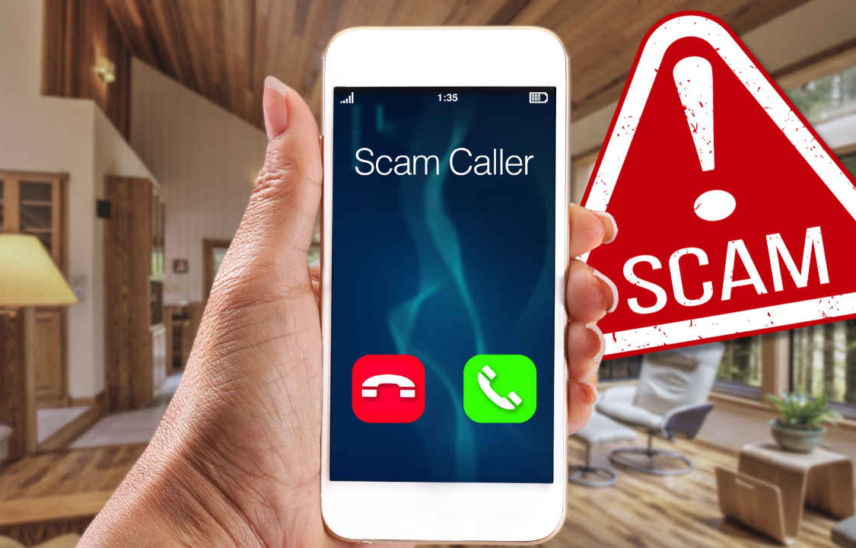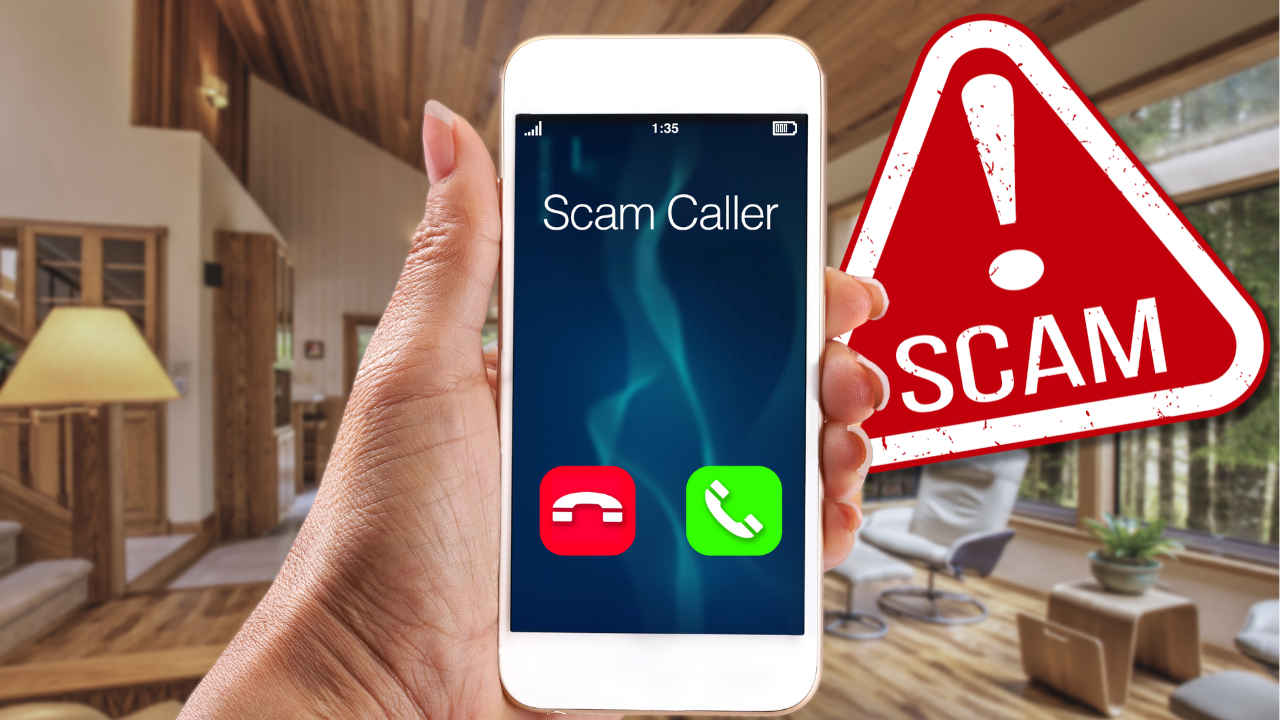
- Home
- Managed Services
- Cyber Security
- Blog
- About Us

We 365 Admin Support, just simplify your IT problems
Call for a free support. +91 96666 59505Platform Partnership
- Who We Help
- Shop
- Contact
- News






KEY POINTS
Table of Contents
TogglePicture this: you get a phone call from a person who claims to have thrilling news or an invitation that you will want to hear about. The caller insists they obtained your number from a friend and that this friend is attempting to reach you from another line. At first glance, it appears to be a harmless conversation. But what if this scenario is a cleverly devised scheme aiming to defraud you of your hard-earned money? A new call merging scam is currently spreading, designed to deplete your bank balance before you even grasp what is happening.
The Unified Payments Interface (UPI), which was created by the National Payments Corporation of India (NPCI), has recently raised an alarm regarding this scam on its X (formerly Twitter) account. To safeguard yourself, it is essential that you understand how this scam operates and what preventative measures you can take.
In the mechanics of this scam, a fraudster contacts you, stating they received your number from a mutual friend. They claim that this friend is attempting to reach you from a different number and recommend that you merge the calls for a connection. What you may not realize is that the second call you are merging is, in reality, a One-Time Password (OTP) call coming from your bank, cleverly disguised as a call from your friend. The scammers orchestrate the timing so that as you merge the calls, you inadvertently disclose your OTP. With this information, they are capable of finalizing transactions and pilfering your funds.
For further reading, you may also want to check out: A man loses Rs 9.4 lakh in a scam that started with fake product reviews—discover the full story here.
In order to shield yourself from falling victim to this scam, consider implementing these straightforward yet effective security measures:
For more insight, check out: How a Noida family lost over Rs 1 crore and became the latest victim of a digital scam—read more here.